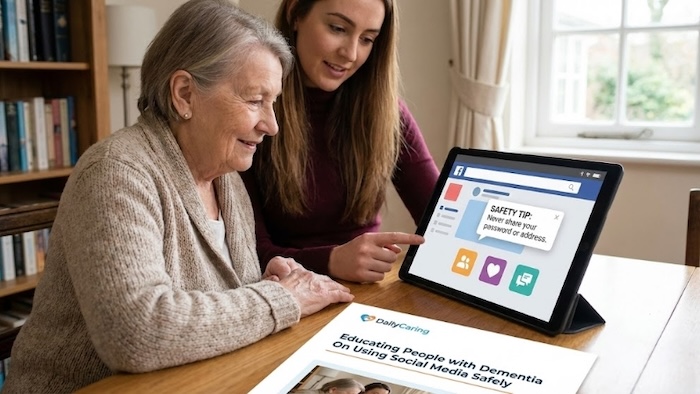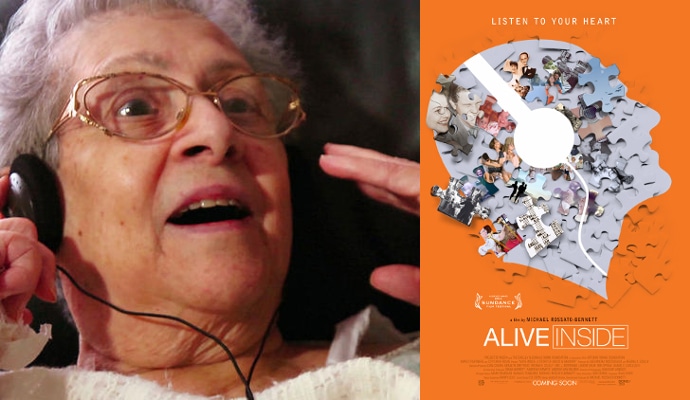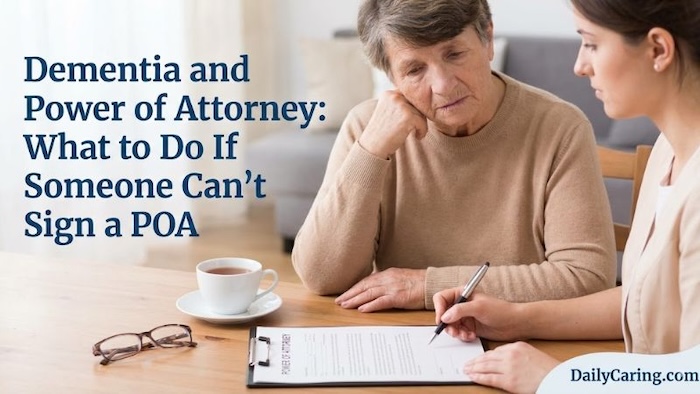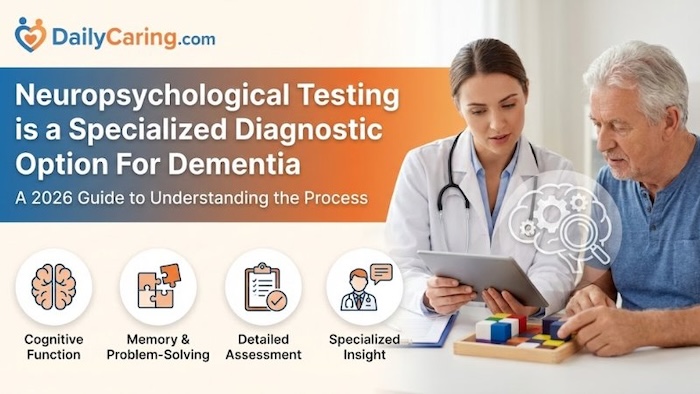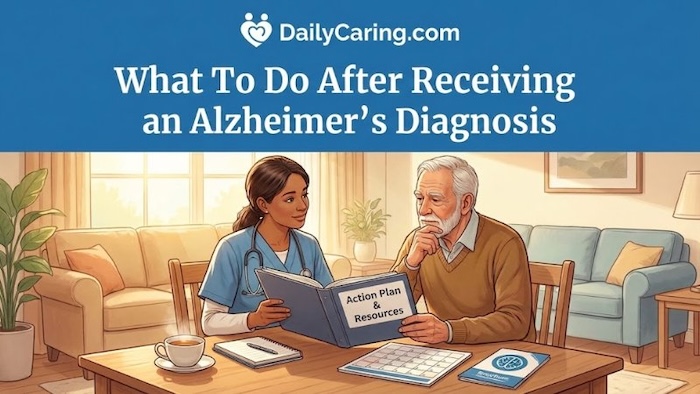Social media gives people more opportunities to connect and socialize, something that’s especially important for preventing senior isolation. But there are risks and challenges. Laurel McLaughlin explains why social media can be dangerous for people with Alzheimer’s or dementia and shares 4 tips to keep them safe while supporting their independence. Social Media Provides Connection, but it Also Carries Risks Social media…
